
Betty Marion Ludden was an American actress, comedian and producer. A pioneer of early television with a career spanning almost seven decades, she was noted for her vast television appearances acting in sitcoms, sketch comedy, and game shows. She produced and starred in the series Life with Elizabeth (1953–1955), thus becoming the first woman to produce a sitcom.

Frank Putnam Flint was a United States Senator from California from 1905 to 1911.
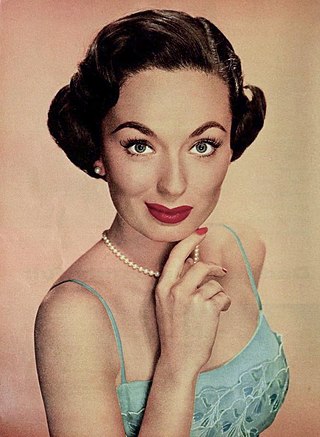
Ann Marie Blyth is an American retired actress and singer. For her performance as Veda in the 1945 Michael Curtiz film Mildred Pierce, Blyth was nominated for an Academy Award for Best Supporting Actress. She is one of the last surviving stars from the Golden Age of Hollywood cinema, and became the earliest living acting Academy Award nominee upon the death of Angela Lansbury in 2022.
Gilmore Stadium was a multi-purpose stadium in Los Angeles, California. It was opened in May 1934 and demolished in 1952, when the land was used to build CBS Television City. The stadium held 18,000. It was located next to Gilmore Field. The stadium was located west of Curson Avenue, surrounded by Beverly Boulevard, Fairfax Avenue and Third Street. The Stadium was used in a 3 Stooges 1934 short Three Little Pigskins.
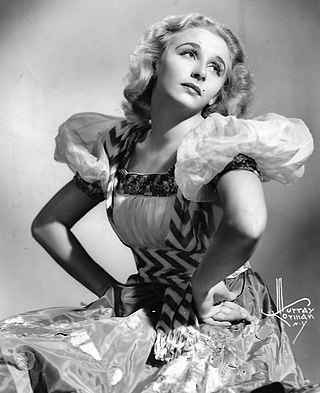
Vera Ralston was a Czech figure skater and actress. She later became a naturalized American citizen. She worked as an actress during the 1940s and 1950s.
The mayor of Hollywood was an honorary position in Hollywood appointed by the Hollywood Chamber of Commerce. The office primarily served as the master of ceremonies of the award ceremonies for new plaques on the Hollywood Walk of Fame, which is administered by the Chamber, along with other community events.

The Ebell of Los Angeles is a women-led and women-centered nonprofit housed in an historic campus in the Mid-Wilshire section of Los Angeles, California. It includes numerous performance spaces, meeting rooms, classrooms and the 1,238-seat Wilshire Ebell Theatre. The Ebell works to uplift the Los Angeles community through arts, learning and service.
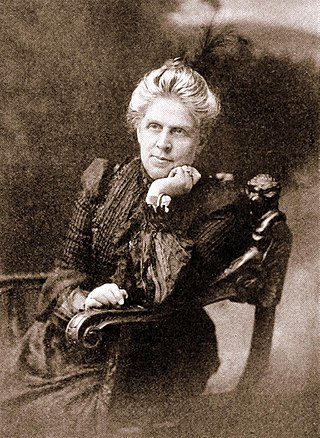
Harriet Russell Strong was an American social activist, inventor, businesswoman, conservationist, and leading figure of the early woman's movement. She has been inducted into the National Women's Hall of Fame and the National Inventors Hall of Fame. Her pioneering innovations in water storage and flood control enabled the construction of the Hoover dam and the All-American Canal.
Beatrice A. Pedersen was an educator, the president of Utah Agricultural College Faculty Women's League.

Nancy Baker Tompkins was an American working in advertising. Tompkins was a sales representative for large paper manufacturing companies to the distributors of paper products.

Vera McKenna Clayton was a prominent music teacher and community member in Santa Cruz from the 1920s to the 1950s.
Evelyn E. Williams Moulton was an American club woman.
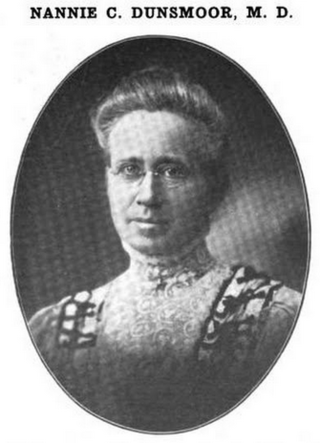
Nannie C. Straus Dunsmoor was an American medical doctor and one of the first woman to be a medical doctor in California. She continued to practice into her 80s. She was the oldest active member in the United States of the Soroptimist Club.
Olivia D. Dudley Bucknam was president of the Opera Reading Club, Hollywood.
Laura Adrienne Townsend MacDonald was an American pianist and a business pioneer woman.

Ada Bell Harper Maescher was an American club woman and president of the De Luxe Building Company, a home building and architecture design firm. She was one of the most successful women contractors in the United States during the early 1920s.
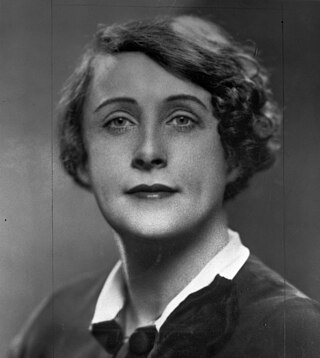
Mab Copland Lineman, LL.B., was an American attorney, noted for her work with business and protective law, commonly known as "Law of Common Things".

Effie Adelaide Payne Austin a professional musician and clubwoman.
Dora A. Smith Stearns was very active in civic and club affairs and a leader in the movement for drafting and passing the minimum wage law for women in California.

Ada E. Schnitzer Purpus was the postmaster of Laguna Beach and president of the Chamber of Commerce.














